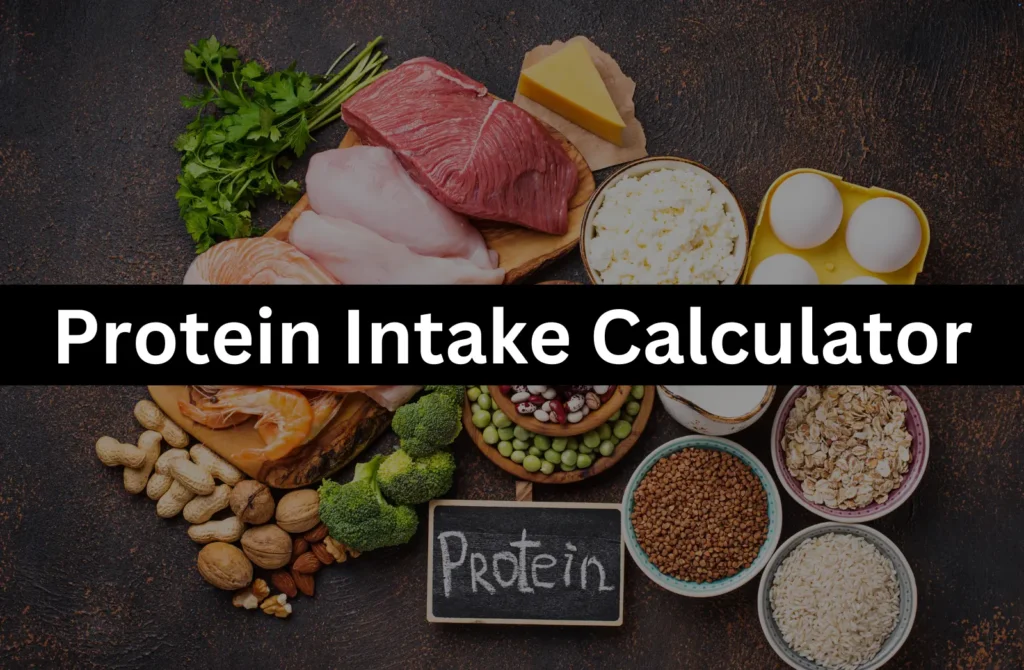Use our free Protein Intake Calculator to instantly determine how much protein you need each day based on your weight, age, gender, activity level, and health goals. Whether you’re building muscle, losing weight, or maintaining a healthy lifestyle, knowing your optimal protein intake is essential for success.
- Personalized results for your body and lifestyle
- Supports metric and imperial units
- Considers activity level, pregnancy, and lactation
- Backed by the latest nutrition science
Free Protein Intake Calculator – Find Your Daily Protein Needs
grams/day
How Much Protein Do You Need?
The recommended daily protein intake varies depending on your age, sex, physical activity, and health status. Most adults need at least 0.8 grams of protein per kilogram of body weight per day, but athletes and active individuals may require more.
Why Is Protein Important?
Protein is essential for building and repairing muscle, supporting immune function, and maintaining healthy skin, hair, and nails. Getting the right amount of protein can help with weight management, muscle growth, and overall wellness.
Frequently Asked Questions
How is protein intake calculated?
Our calculator uses your weight, activity level, and other factors to estimate your daily protein needs based on guidelines from leading health organizations.
Can I use this calculator for special conditions?
Yes, the calculator adjusts for pregnancy, lactation, and different activity levels to provide personalized recommendations.
Is this calculator suitable for athletes?
Absolutely! Athletes and fitness enthusiasts can use the calculator to optimize protein intake for muscle growth and recovery.
